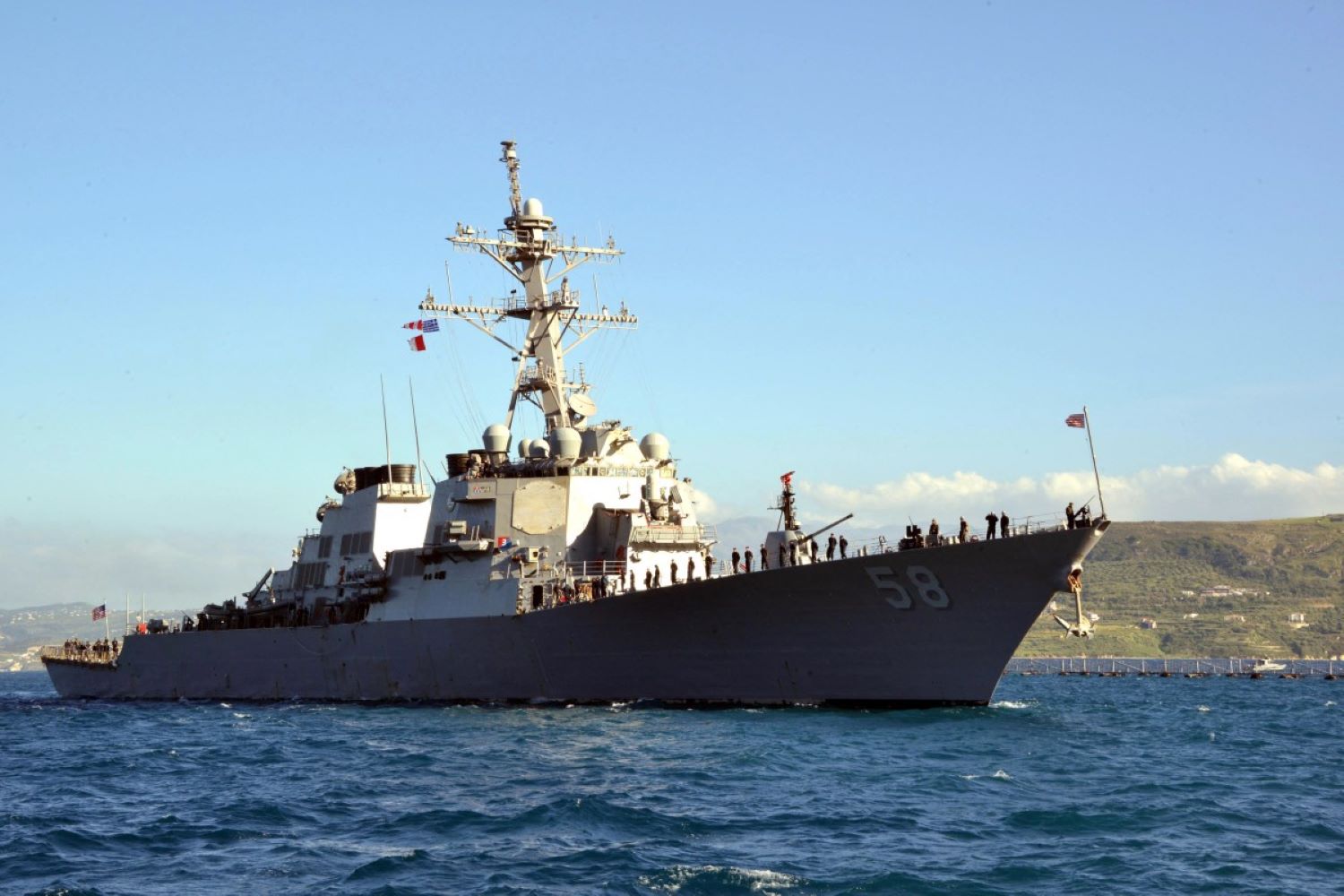BRUSSELS, BELGIUM – European Union economy commissioner Paolo Gentiloni on Monday warned that violence in the Red Sea sparked by Houthi attacks on shipping could push up energy prices and inflation in the bloc.
“We know that we’re starting this year with subdued growth, some good news on the labor market, but increasing concerns on the downside risks caused by the geopolitical tensions,” Gentiloni said at the start of a meeting of EU finance ministers.
Gentiloni said that “what is happening in the Red Sea… is not for the moment apparently creating consequences on energy prices and inflation”.
“But we think that it should be monitored very closely because these consequences could materialize in the coming weeks,” he said.
Tensions in the Red Sea have soared after the United States and Britain carried out strikes on Houthi rebels in Yemen over their attacks on international shipping.
The Iran-backed Houthis, who say they are acting in solidarity with Gaza, have carried out a growing number of missile and drone attacks on what they deem Israeli-linked shipping on the key Red Sea trade route.
Around 12 percent of global trade normally passes through it. But since mid-November the attacks have prompted many shipping firms to take the longer route around the tip of Africa, disrupting supply chains and putting upward pressure on inflation.








